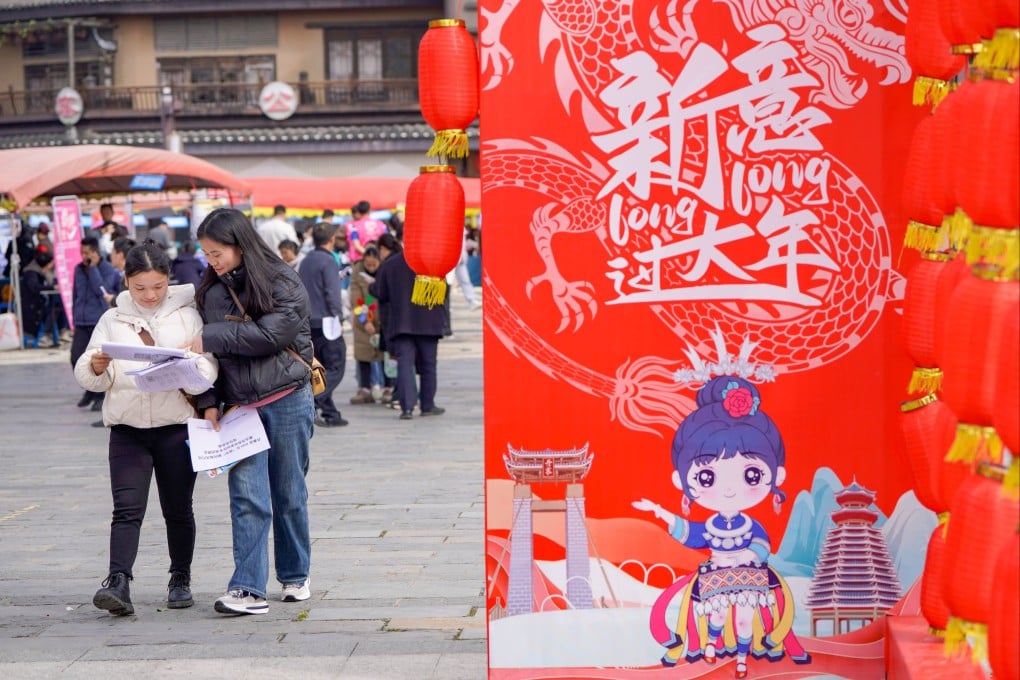Explainer | China’s ‘young seniors’ and ‘elderly youths’ mingle in internet slang as users poke fun at rat race
- China’s internet users have come up with several terms to make light of a challenging job market, alleviating stress through humour
- Expressions like ‘young seniors’, ‘elderly youth’, ‘full-time children’ describe unique quirks of employment and work in an economic slump

Here are some of the more popular terms they have employed to relieve the pressures of the rat race.
1. Young seniors/employable seniors
Those of an older age but relatively young – typically between 60 and 70 – who remain in the labour force, either by choice or by necessity.
Discussion of the phrase sprouted last week when Ma Jiantang, former party secretary of the Development Research Center of the State Council, stated at a forum that individuals aged 60 to 70 should be regarded as “young seniors” because of their good health and continued desire to work.
It reflects China’s lopsided demographic landscape, as the country’s dwindling birth rate and growing elderly population – a consequence of the decades-long imposition of a one-child limit – have exacerbated age imbalances and increased strain on the pension pool.